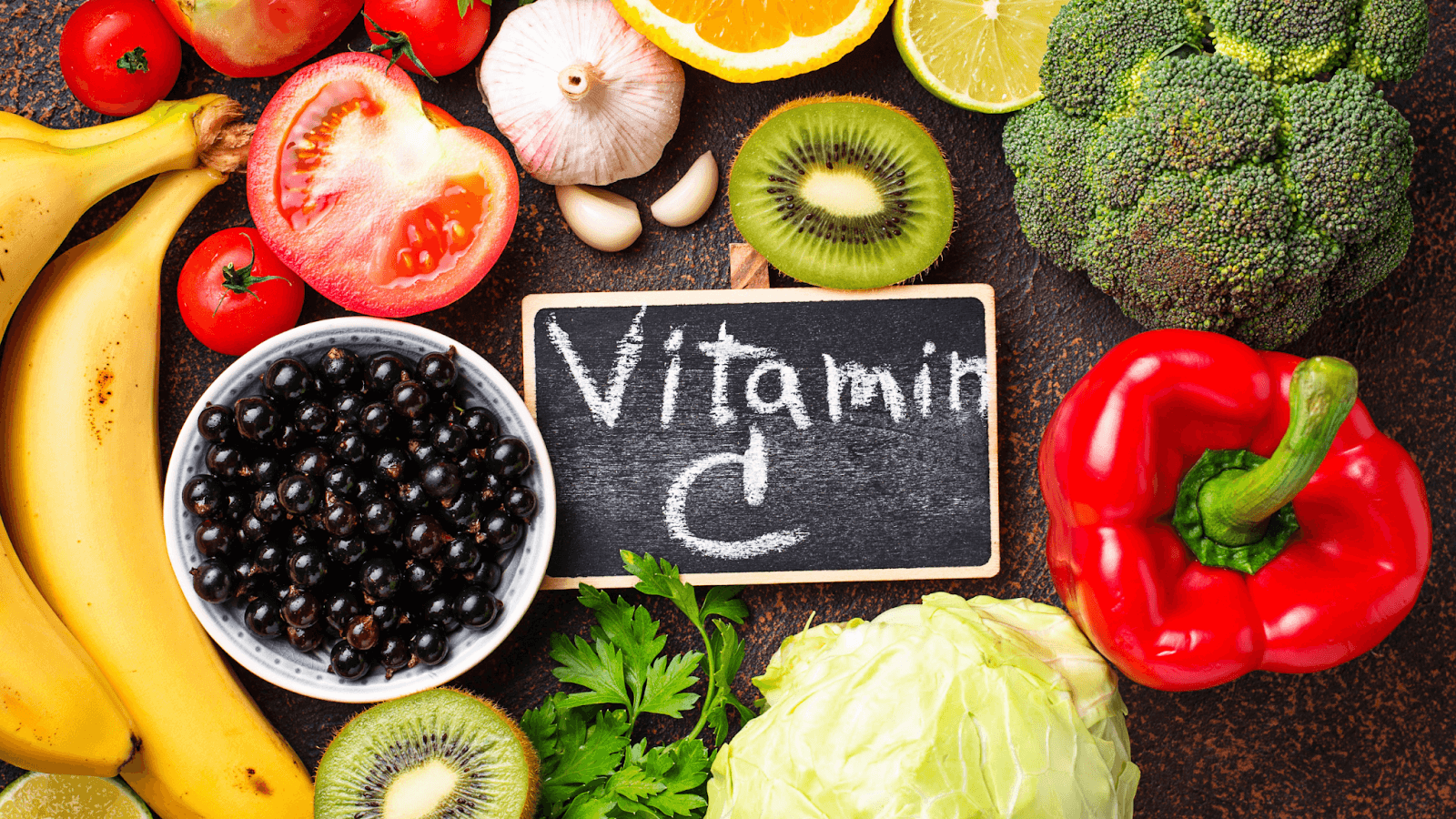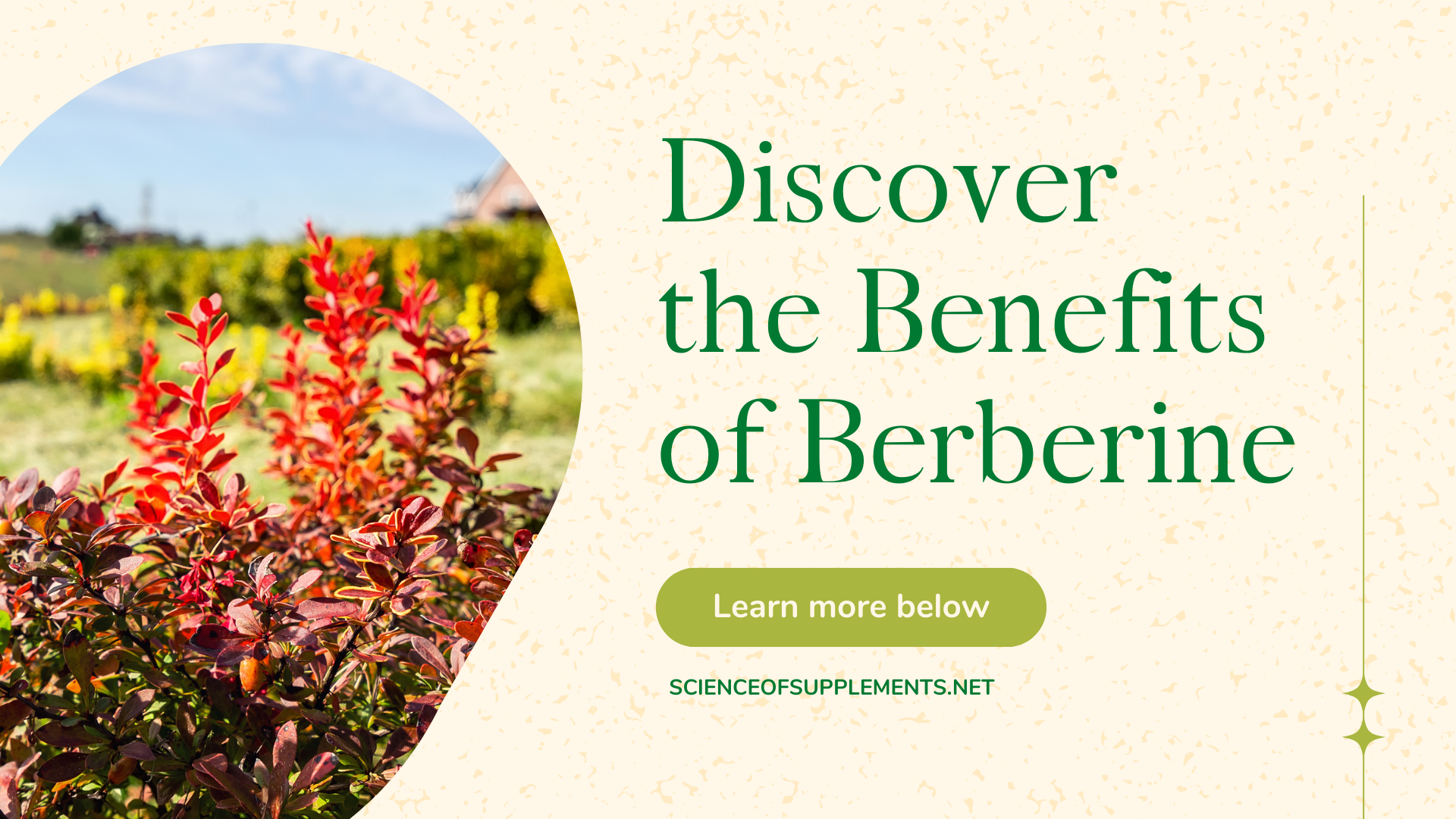
We all want to be the strongest, sharpest, and most radiant versions of ourselves. But all the curveballs of life — late nights working, too much stress, and the occasional flu — can get in the way of that.
What if we told you there was a simple and natural way for your body to feel as energized as it should? We’re talking about vitamin C. Wait, don’t leave just yet — this isn’t your average vitamin.
Whether you’re feeling the effects of aging or brain fog settling in, vitamin C can be your savior whenever your immune system is feeling sluggish. Keep reading, and we’ll tell you all about how this antioxidant can transform your health.
Boosts the Immune System
If you feel like you’re constantly battling a cold or are just about “allergic” to everything you eat, your immune system may not be as resilient as it should be. Luckily, vitamin C is the perfect solution.
First and foremost, vitamin C helps your B cells differentiate. That means it encourages your body to produce antibodies that fight all the bacteria and viruses that affect your general health. It also protects these cells from something called reactive oxygen species (ROS), which can damage your DNA, proteins, and lipids. [1]
Vitamin C also:
- Helps keep your gut barrier in great condition and promotes collagen formation in the skin.
- Guides neutrophils to infection sites, speeding up the healing process.
- Boosts the production of cytokines by white blood cells.
- Inhibits the death of T-lymphocytes (cells that fight infections and cancer).
- Make your body’s bacterial membranes more absorbent to certain antibiotics.
Improves Cognitive Health
WHO says there are over 10 million new cases of dementia every year. [2] If you’re worried about being at risk of poor thinking and memory, you’re not alone. These symptoms affect hundreds of millions worldwide, and you may be able to reduce them with vitamin C.
That’s right, one of the main causes of dementia is oxidative stress and inflammation in your brain, nerves, and spine. The good news is that vitamin C is an incredible antioxidant. Studies have stated that a lack of this vitamin can impair your ability to remember and think coherently. [3]
Studies also show that people with dementia tend to have lower levels of this antioxidant in their blood. The solution is pretty simple. Just increase your vitamin C intake through food and supplements, and you’ll see the protective effect on your thinking and memory as you age.
Provides Antioxidant Power
As we mentioned, vitamin C is a strong antioxidant, which is any molecule that boosts your body’s immune system. That means it does a great job of making your body’s natural defenses even more robust.
It does that by protecting your cells from free radicals. As these free radicals move through your blood and accumulate, they start to promote a state called oxidative stress. And we all know oxidative stress is the culprit behind many chronic diseases! [4]
So, if you want to harness the power of antioxidants to fight these radicals, try vitamin C. People who do so are able to up their blood antioxidant levels by nearly 30% [5]. This is also the key to fighting inflammation, so it’s a win-win.
Prevents Iron Deficiency
We all know how important iron is for our bodies. It helps make more red blood cells to improve oxygen circulation throughout the body. Anyone with an iron deficiency can vouch for the fact that it makes you feel weak, sluggish, and simply not your best.
With vitamin C, you can prevent this. That’s because this vitamin allows you to better absorb all the iron you eat, even if you’re opting for plant-based sources of iron, which aren’t that easily absorbed. [6]
So, if you’re on a meat-free diet, you can still hit your daily iron goals, thanks to vitamin C. Get 100 mg of vitamin C daily and it’ll boost your iron absorption by 67% [7]. That’s a huge improvement.
Vitamin C also protects you from anemia by preventing the risk of iron deficiency. You’re hitting two birds with one stone! In a recent study, children with mild iron deficiency anemia took vitamin C supplements, and the results were astonishing. [8]
If you have low iron levels, it might be time to add more vitamin C-rich foods or a vitamin C supplement to your diet.
Reduces Blood Uric Acid Levels
Did you know that gout, a type of arthritis, affects around 4% of American adults? You could be one of them, but not if you consume the right amount of vitamin C.
Gout is an extremely painful condition where the patient suffers from inflamed joints, especially in their big toes. People with gout suffer from swelling and sudden, shocking pain attacks. The question is, what causes this agonizing condition in the first place?
Gout’s main culprit is too much uric acid in the blood, which ends up crystallizing and depositing in the joints. Yikes! That’s the last place you want uric acid, a waste product, to accumulate.
The good news is, many studies have shown that vitamin C can cut down the levels of uric acid in your blood.
Don’t just take our word for it. There’s a ton of research to prove the benefits of vitamin C in preventing gout. For instance, a study on over 46,000 men over 20 years showed that those who took vitamin C supplements had a 44% lower gout risk! [9]
Conclusion
More than a simple vitamin, Vitamin C acts like the powerhouse for your general health: strengthening immunity, cognitive function, boosting antioxidants within the body, and furthering iron absorption. To help get rid of body fatigue, protect your brain, or reduce the uric acid buildup, vitamin C can be transformational to your routine.
Now that you know your facts, consider adding it to your lifestyle through food or supplements. You can incorporate vitamin C into your routine by enjoying citrus fruits like oranges, grapefruits, and lemons, as well as strawberries, kiwi, and papaya. Vegetables like bell peppers, broccoli, brussels sprouts, and spinach are also excellent sources. For added convenience, vitamin C supplements are widely available and can be a reliable option to meet your daily needs.

Citations
- Gęgotek A, Skrzydlewska E. Antioxidative and Anti-Inflammatory Activity of Ascorbic Acid. Antioxidants. 2022; 11(10):1993. https://doi.org/10.3390/antiox11101993
- Dementia. World Health Organization. March 15, 2023. Accessed January 10, 2025. https://www.who.int/news-room/fact-sheets/detail/dementia.
- Moritz B, Schmitz AE, Rodrigues AL, Dafre AL, Cunha MP. The role of vitamin C in stress-related disorders. The Journal of Nutritional Biochemistry. 2020 Nov 1;85:108459.
- Maekawa T, Miyake T, Tani M, Uemoto S. Diverse antitumor effects of ascorbic acid on cancer cells and the tumor microenvironment. Frontiers in Oncology. 2022 Sep 20;12:981547.
- Kim MK, Sasazuki S, Sasaki S, Okubo S, Hayashi M, Tsugane S. Effect of five-year supplementation of vitamin C on serum vitamin C concentration and consumption of vegetables and fruits in middle-aged Japanese: a randomized controlled trial. J Am Coll Nutr. 2003;22(3):208-216. doi:10.1080/07315724.2003.10719295
- Abdullah M, Jamil RT, Attia FN. Vitamin C (Ascorbic Acid). In: StatPearls. Treasure Island (FL): StatPearls Publishing; May 1, 2023.
- Hallberg L, Hulthén L. Prediction of dietary iron absorption: an algorithm for calculating absorption and bioavailability of dietary iron [published correction appears in Am J Clin Nutr 2000 Nov;72(5):1242] [published correction appears in Am J Clin Nutr 2001 Aug;74(2):274] [published correction appears in Am J Clin Nutr. 2006 Nov;84(5):1253]. Am J Clin Nutr. 2000;71(5):1147-1160. doi:10.1093/ajcn/71.5.1147
- Mao X, Yao G. Effect of vitamin C supplementations on iron deficiency anemia in Chinese children. Biomed Environ Sci. 1992;5(2):125-129.
- Choi HK, Gao X, Curhan G. Vitamin C intake and the risk of gout in men: a prospective study. Arch Intern Med. 2009;169(5):502-507. doi:10.1001/archinternmed.2008.606
Disclaimer
The information provided in this blog post is for educational purposes only and should not be construed as medical advice. Please consult with a qualified healthcare professional before making any decisions about your health or treatment.


